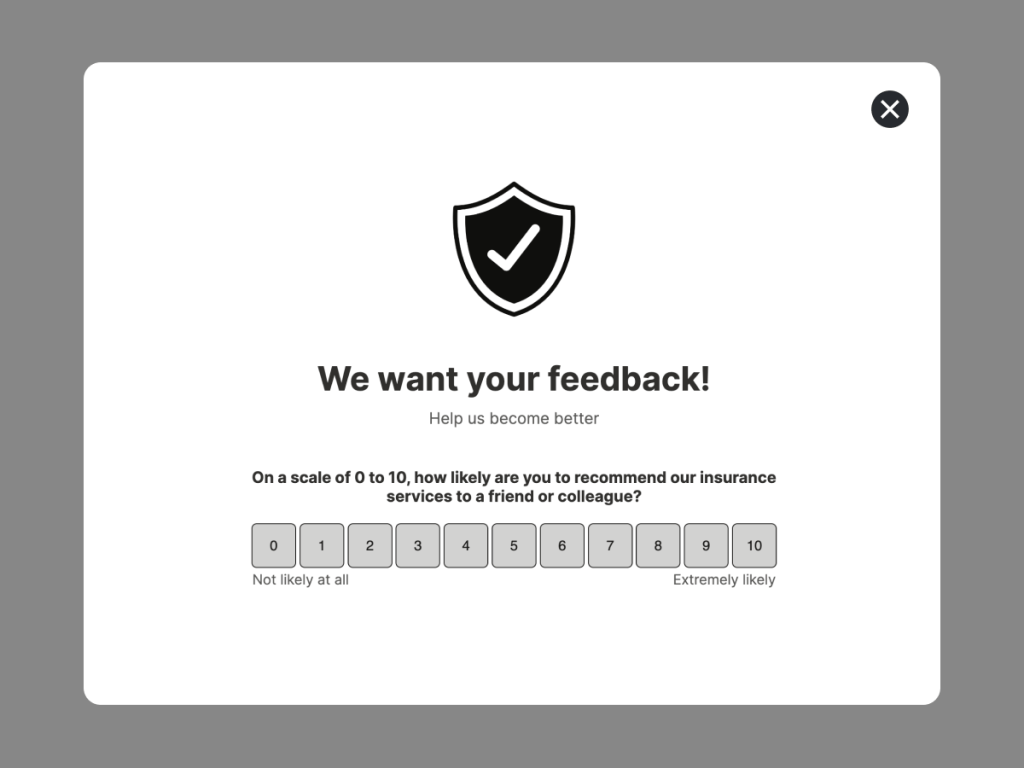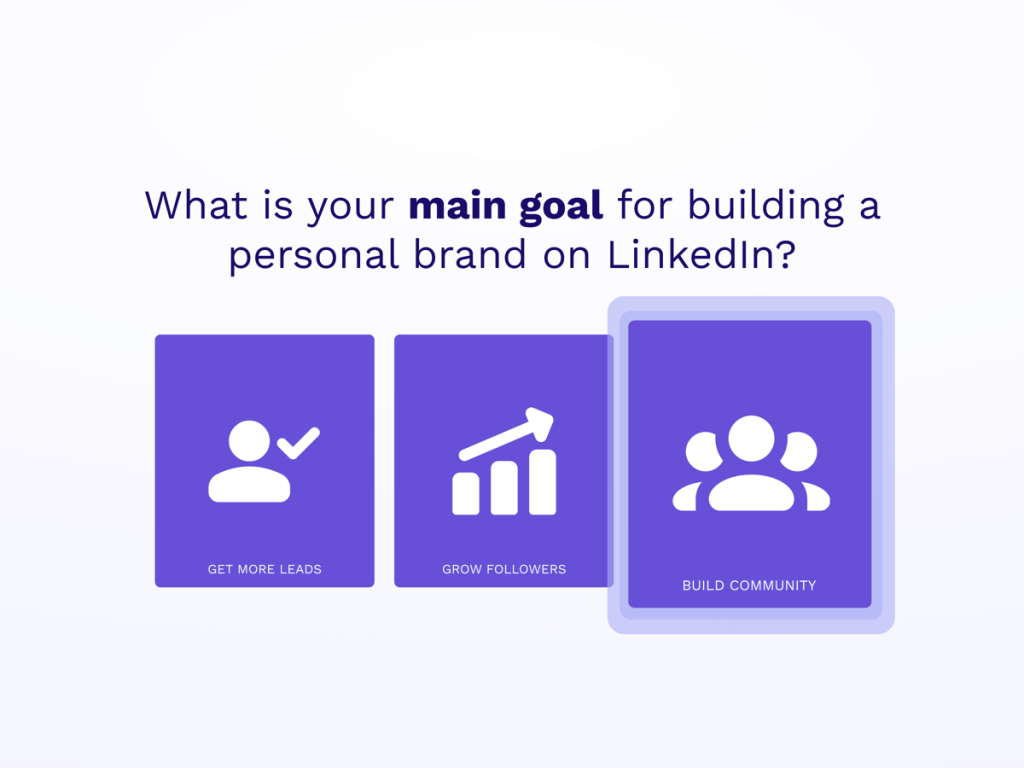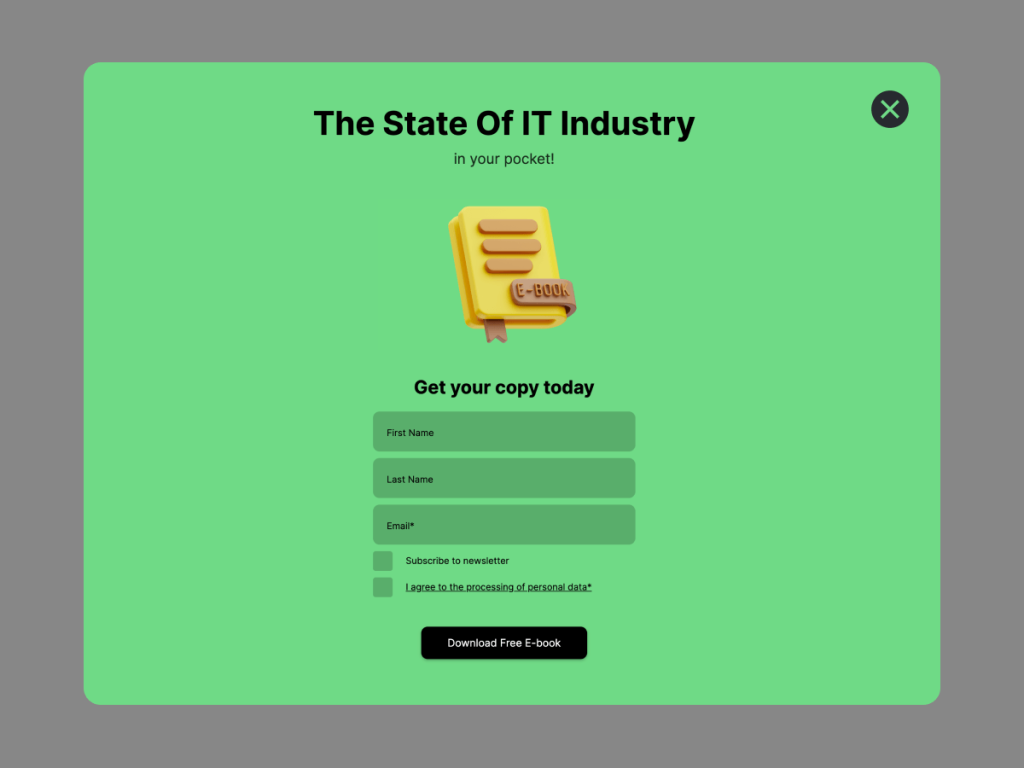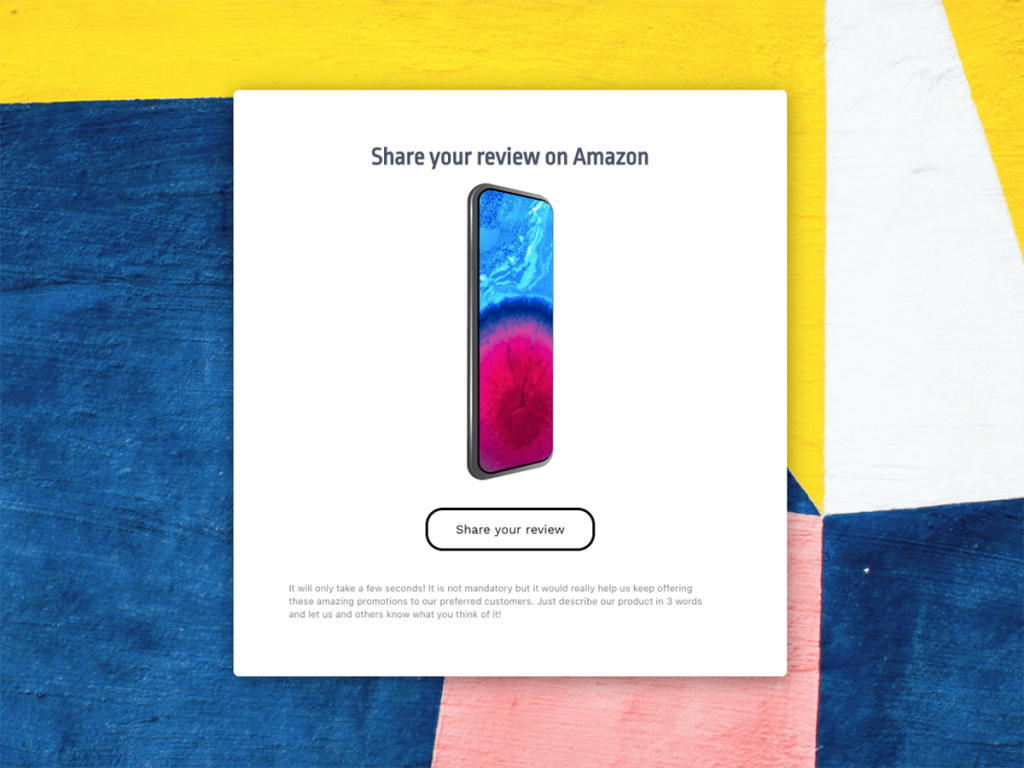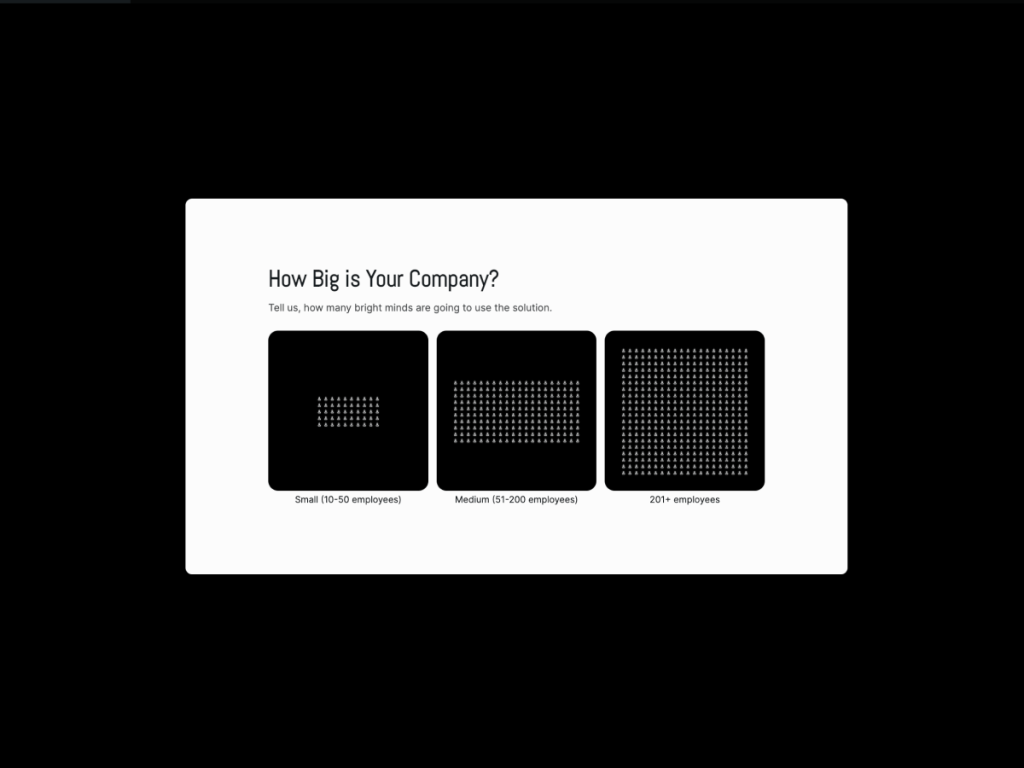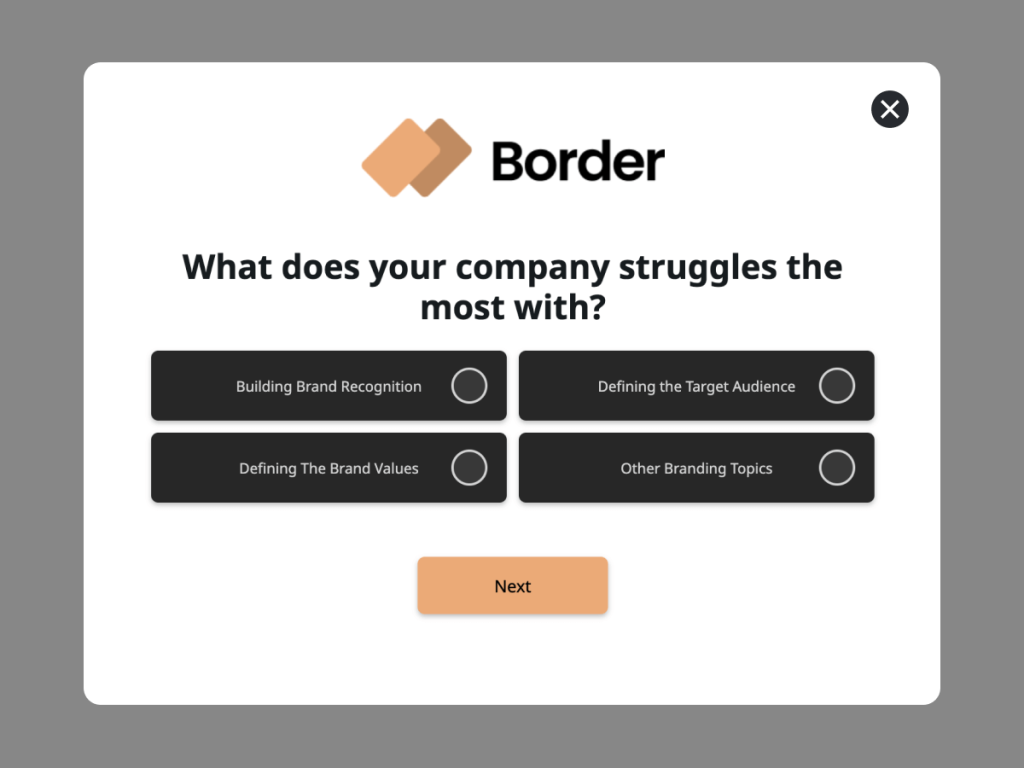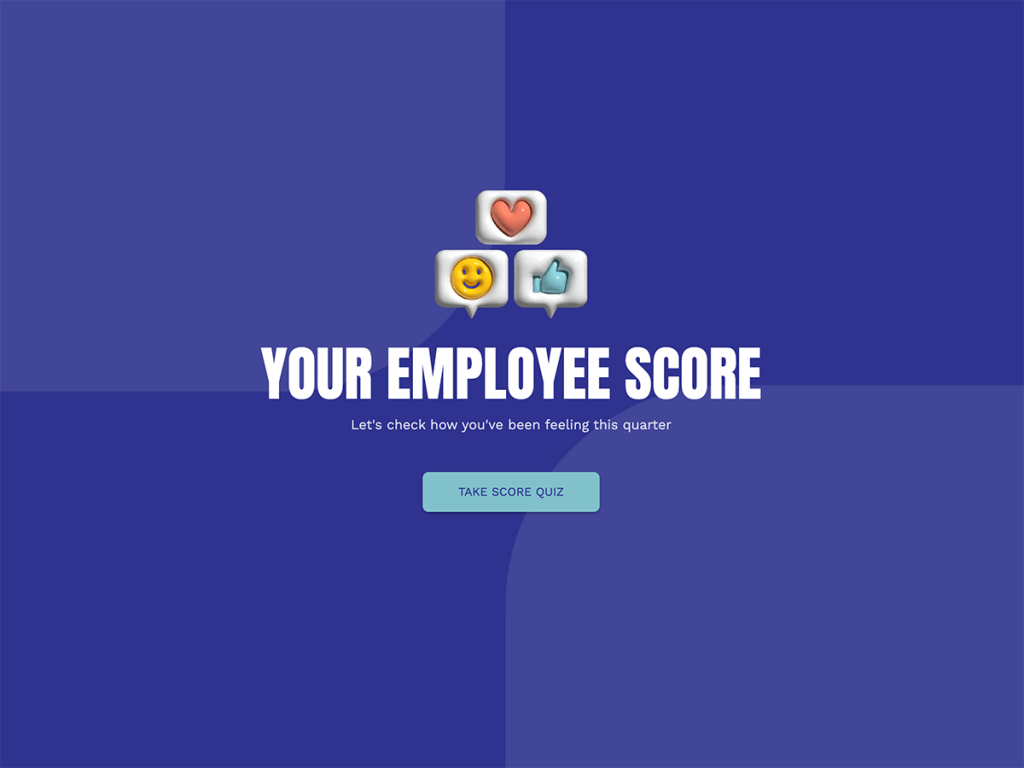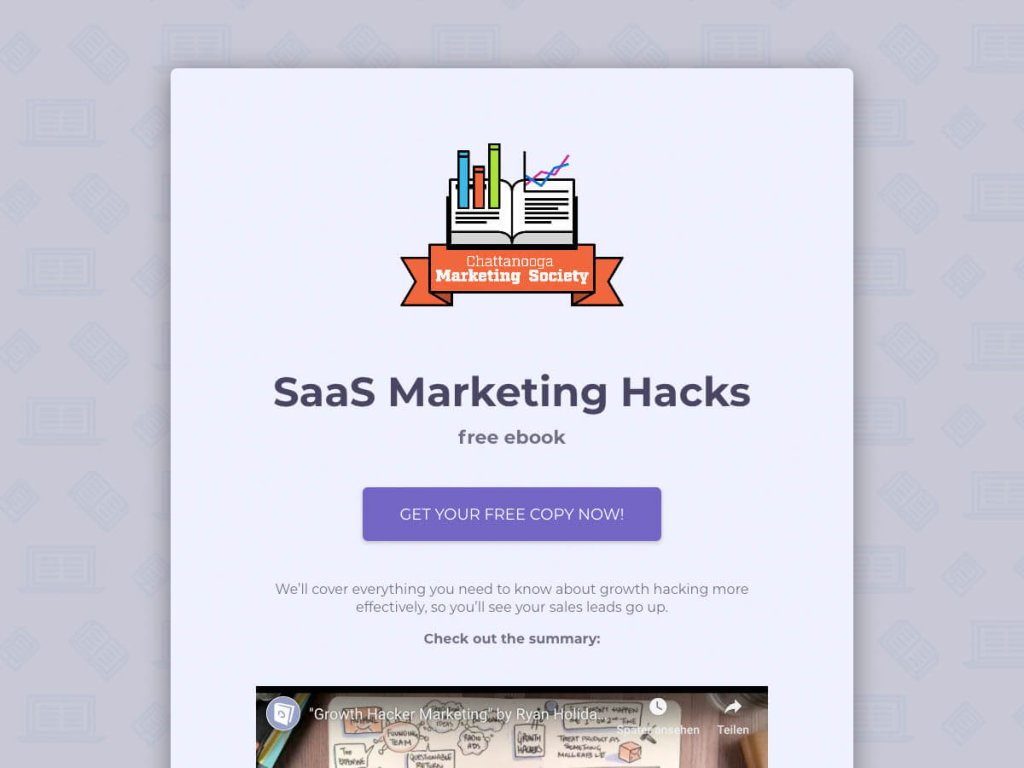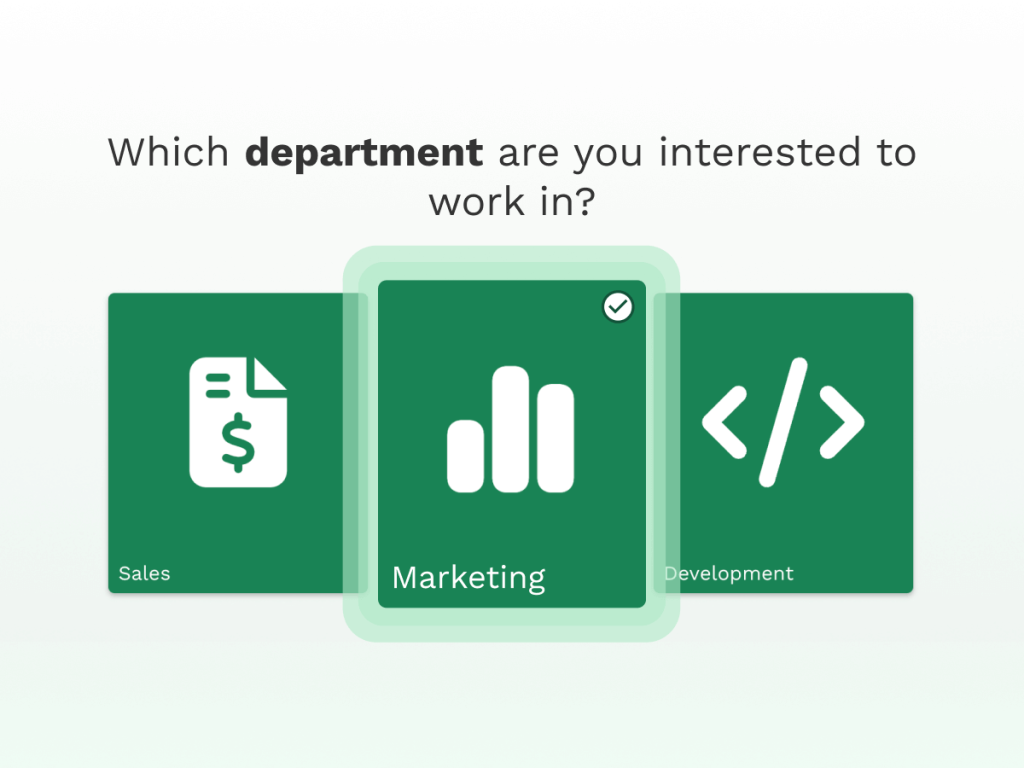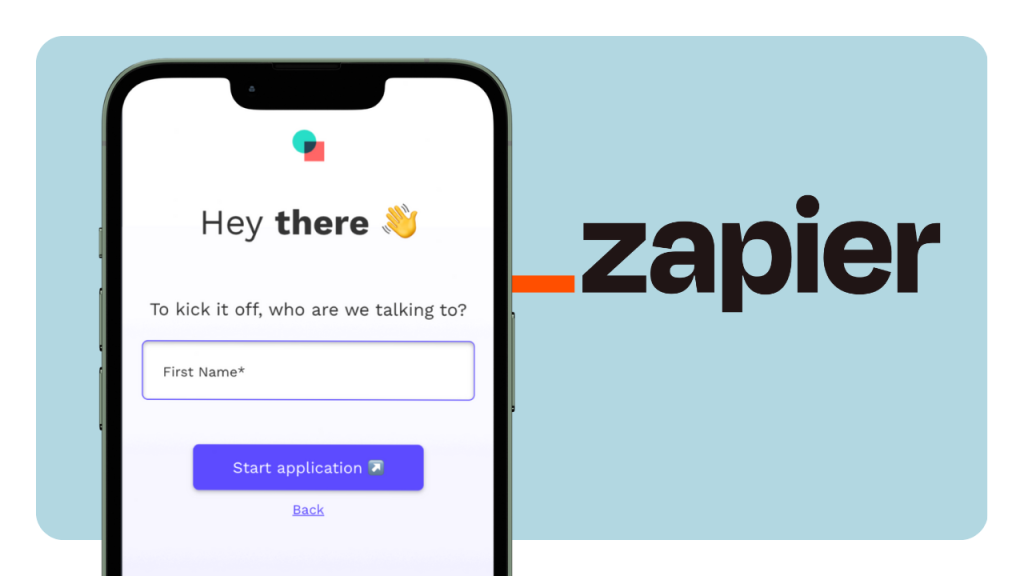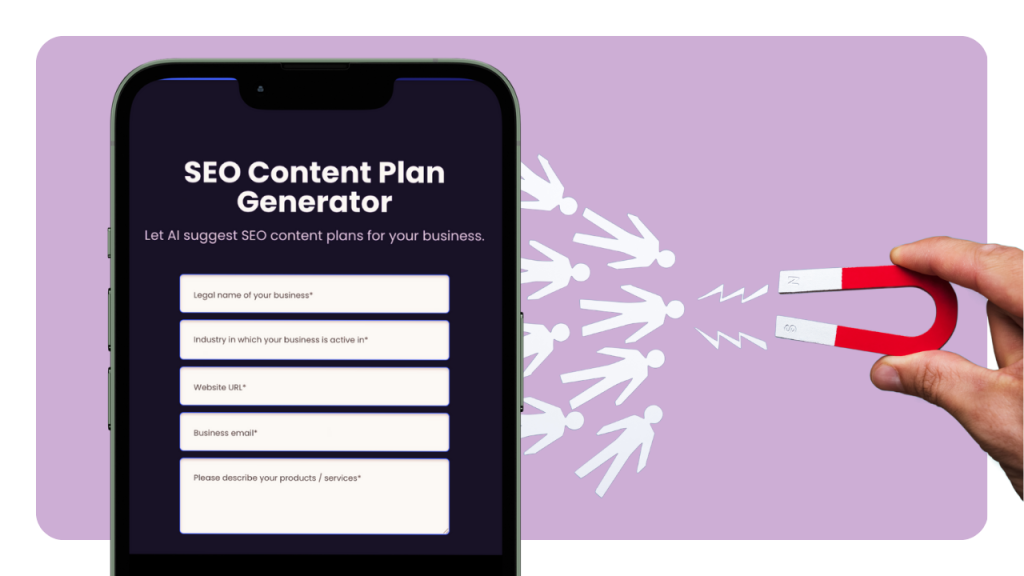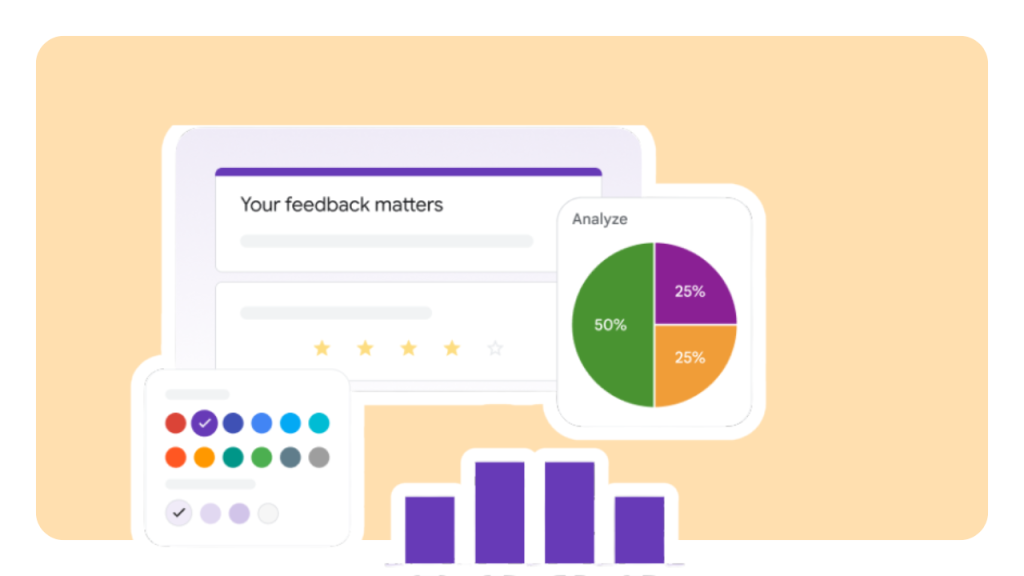The more leads, the better, right? But what approaches can you use for your lead generation?
We summed up the top 3 approaches: Content Marketing, Social Media Marketing, and Pay-Per-Click (PPC) Advertising.
Curious to find out why those are the top 3 approaches for your business and how to best implement them? Explore this post to find out!
What Is Lead Generation?
Lead generation involves getting people interested in a business's products or services and fueling their curiosity through nurturing - all with the goal in mind of turning them into loyal customers.
On the contrary, a lead fundamentally encompasses the contact details and, occasionally, demographic information of a customer expressing interest in a specific product or service.
1. Content Marketing
Content marketing serves as a strategic approach to marketing, significantly contributing to lead generation. The emphasis lies in crafting and disseminating valuable, relevant, and consistently engaging content for your audience.
Your primary objective should be to establish trust and build brand awareness, to ultimately drive profitable customer action.
You can achieve this by focusing on sharing helpful information without being overly promotional, all with the aim of giving value to your audience.
Here's why content marketing is important for lead generation and how you can use it for your business:
You Can Use Organic Traffic to Your Advantage
According to a study, the organic search share of traffic is a noteworthy 53.3%.
Unlike paid methods, organic traffic represents the genuine interest and intent of users actively seeking information, which lays a solid foundation for potential leads.
A blog is a great start to content marketing!
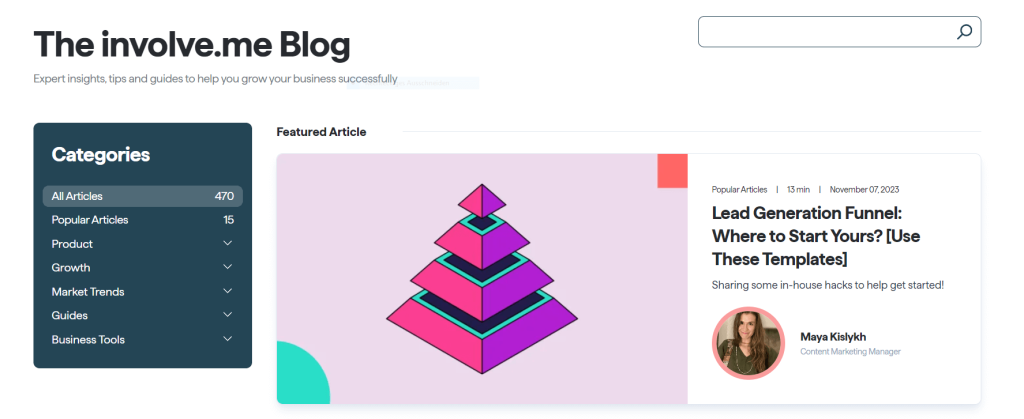
Using SEO software that allows you to easily integrate SEO strategies, to boost organic traffic is also inherently more sustainable because it does not rely on ongoing advertising spend.
It Builds Trust and Credibility
By consistently delivering valuable, relevant, and informative content, you not only cater to the immediate informational needs of your readers but also position yourself as a reliable source within your industry.
When users perceive a business as credible and reliable, they are more likely to engage and seriously consider your offerings. Trust acts as a powerful catalyst, mitigating skepticism and reducing barriers to conversion.
After all, consumers gravitate toward brands they can trust.
You Can Integrate Lead Magnets
Lead magnets, such as insightful e-books, webinars, or exclusive content, are compelling offerings that convince potential leads to willingly share their contact information.
This results in a win-win situation, where the audience gains valuable insights, and you, in turn, have a new lead on your list.
Now, you might be asking: "What Lead Magnets to use for my specific use case?"
You can check out the amazing templates that involve.me has to offer. They're free to use and there are so many different ones that you'll definitely find what you're looking for!
Create Lead Magnets For Your Website
Start with a customizable template
It Allows You to Nurture Leads
Content marketing provides the necessary fuel to keep potential leads engaged and address their evolving needs and concerns at each step of the lead generation funnel - from awareness and consideration to conversion.
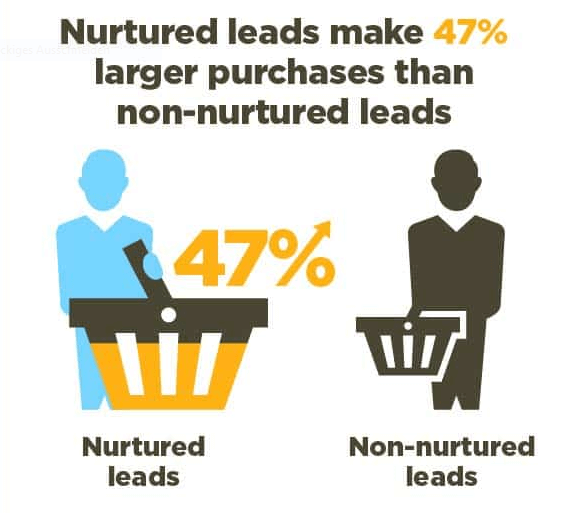
Whether it's informative blog posts, educational videos, or personalized email campaigns, content serves as the bridge that transforms a curious reader into a well-informed and confident customer.
2. Social Media Marketing
Social Media Marketing (SMM for short) involves the use of different social media platforms as a form of strategic digital marketing strategy.
Your goal should be to improve brand visibility and generally contribute towards brand positioning.
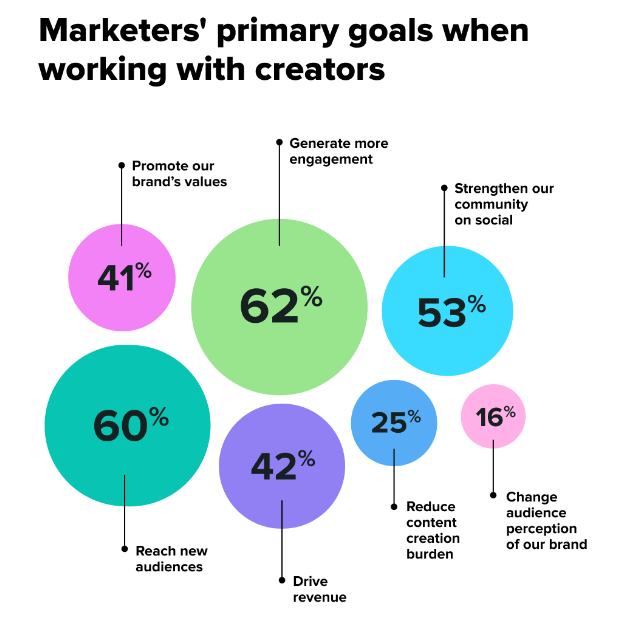
This technique includes social media planning, creation, and maintenance of engaging content including posts, tweets, etc. that help to foster real communication and increase branding’s effectiveness.
Here's why you shouldn’t ignore social media marketing for lead generation and how to make the most of it:
You Have Widespread Reach
Social media marketing transforms social platforms into powerful tools for businesses to effectively connect with diverse audiences and cultivate a robust pipeline for lead generation on a global scale.
Through SMM you can facilitate the distribution of tailored content to targeted demographics, fostering engagement and brand visibility among potential leads.
The way social media platforms work allows content to be shared across vast networks, exponentially increasing their reach, which accordingly increases the likelihood of attracting and converting qualified leads.
You can use this network to your advantage through lead magnets, such as giveaways or contests, which brings us to the next paragraph.
Create Lead Magnets and Contests
Social media marketing provides a dynamic platform for you to deploy creative strategies like contests, or enticing lead magnets, such as exclusive content or giveaways, to capture the attention and engagement of your target audience.
Create Interactive Contests
Start with a customizable template
Using the viral nature of social media platforms, you can expand your reach as users share and participate in these interactive campaigns.
An appealing lead magnet or the thrill of a contest not only grabs instant attention but also motivates people to willingly share their contact details, turning them into another valuable lead on your list.
Use Engagement Opportunities
Through content sharing, comments, likes, and direct messaging, social media marketing opens up avenues for two-way communication. By engaging with your audience, you create a sense of connection, laying the groundwork for potential customers to transition from initial interest to active consideration.
Also, the real-time nature of social media allows you to promptly respond to inquiries, address concerns, and actively participate in conversations, which nurtures relationships that go beyond transactional encounters.
Visual Appeal and Its Impact
Through compelling images, infographics, and videos, social media marketing enables you to captivate the attention of your target audience and communicate messages effectively.
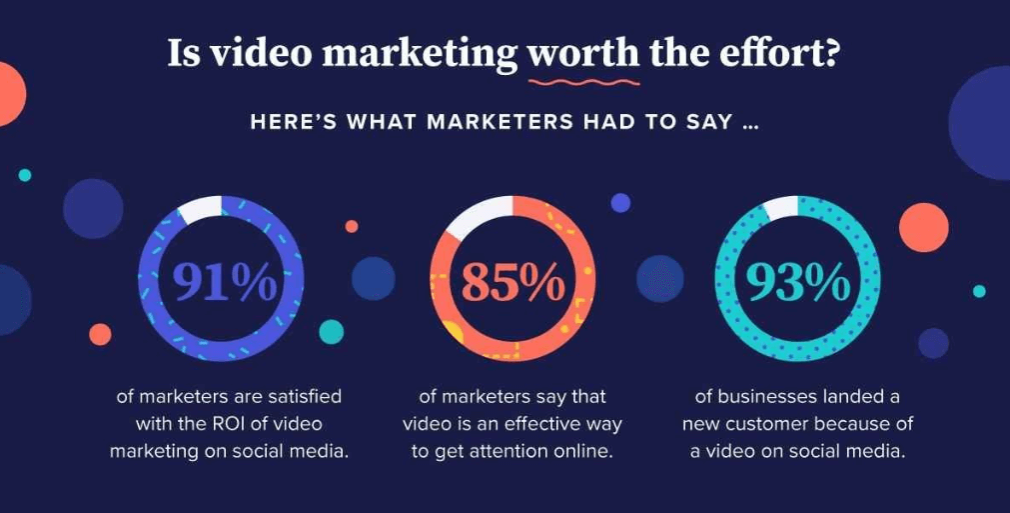
The visual appeal cultivated through SMM contributes well to lead generation, as it not only sparks initial interest but also enhances the memorability of a brand.
After all, humans are drawn to visual content, and by leveraging aesthetically pleasing visuals, you can create a lasting impact that resonates with potential leads and keeps them coming back for more.
Social Proof and Recommendations
Whether through customer reviews, testimonials, or influencers' endorsements, user-generated content serves as a powerful tool for building credibility and trust.
Potential leads are more likely to be swayed by the authentic experiences of their peers, making social proof a significant factor in their decision-making process.
With positive social proof, you not only enhance your reputation but also cultivate a compelling narrative that resonates with your target audience.
3. Pay-per-Click (PPC) Advertising
Pay-per-click (PPC) advertising allows you to position targeted ads prominently within search engine results and various online platforms, ensuring immediate visibility to potential leads and customers.
It allows you to reach the right audience, at the right time, with a message crafted to capture their interest and prompt action.
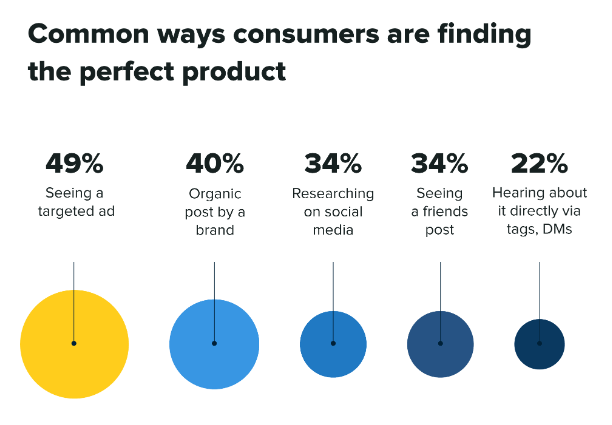
PPC advertising gives you the opportunity to measure your campaigns at any time with the help of key performance indicators like CTR (Click Through Rate) and conversions.
Pro Tip: Consider combining PPC with landing pages optimized for conversions for an even more potent lead generation strategy.
Here's why PPC advertising plays an important role in lead generation and how to make the most of it:
Create Highly Targeted Ads
PPC empowers you to create and deliver ads with precision to a specific audience based on selected keywords, demographics, location, and even user behavior, maximizing the impact of advertising expenditure.
This level of granularity also enables you to go beyond a one-size-fits-all approach, allowing you to craft personalized messages that resonate with the unique preferences of your target audience.
The result is an optimized and efficient lead generation process, where resources are directed towards individuals who align closely with your brand's offerings, which enhances the likelihood of capturing high-quality leads.
Use A/B Testing Capabilities
PPC platforms provide you with the ability to conduct A/B tests, allowing you to experiment with different ad variations and strategies to identify the most effective approaches. By testing variables such as ad copy, visuals, and landing page elements, you can refine your campaigns based on real-time data and user responses. This enables you to fine-tune your messaging and targeting and optimize it for maximum lead generation.
Your Advantage: Flexibility and Scalability
PPC offers you a high degree of flexibility in budget allocation, allowing you to adjust spending based on campaign performance and your specific business objectives.
Additionally, the scalability of PPC campaigns enables you to expand or contract your advertising efforts in response to changing market conditions, seasonal trends, or evolving business goals.
Lead Generation Best Practices
When it comes to Lead Generation, there are some things you might want to consider:
Define target audience: Clearly identify and understand your target audience to tailor your lead generation efforts to the right demographic.
Optimized landing pages: Create dedicated landing pages that are user-friendly, concise, and optimized for conversion.
Use compelling CTA: Craft persuasive and clear CTAs that prompt visitors to take specific actions, such as filling out a form or subscribing.
Create valuable content: Provide high-quality, relevant, and valuable content that addresses the needs and interests of your audience. Check these content ideas that go beyond blog posts.
Have a clear value proposition: Clearly communicate the value proposition of your product or service, highlighting what sets it apart from competitors.
Personalization: Tailor your messaging and content based on user behavior, preferences, and demographics to enhance engagement. For example, you can create a product recommendation quiz.
Continuous improvement: Regularly review and refine your lead generation strategy based on insights and changing market dynamics.
If you follow these best practices, you'll be well on your way to generating high-quality leads.
Conclusion
Lead generation is a systematic and strategic process within the domain of marketing. It contains identifying, engaging, and cultivating potential leads with the goal of transitioning them from initial awareness to conversion.
Instead of using individual methods such as content marketing, social media marketing, or PPC advertising alone, you may want to consider combining them to take your lead generation strategy to a new level.
And don't forget, with involve.me, you can create beautiful interactive experiences, which greatly improve the process of lead generation. Check out their templates:


